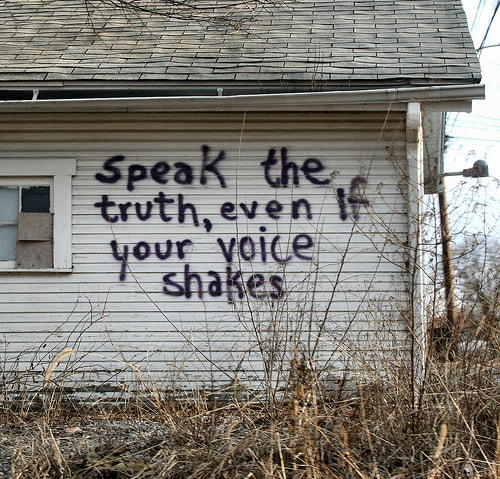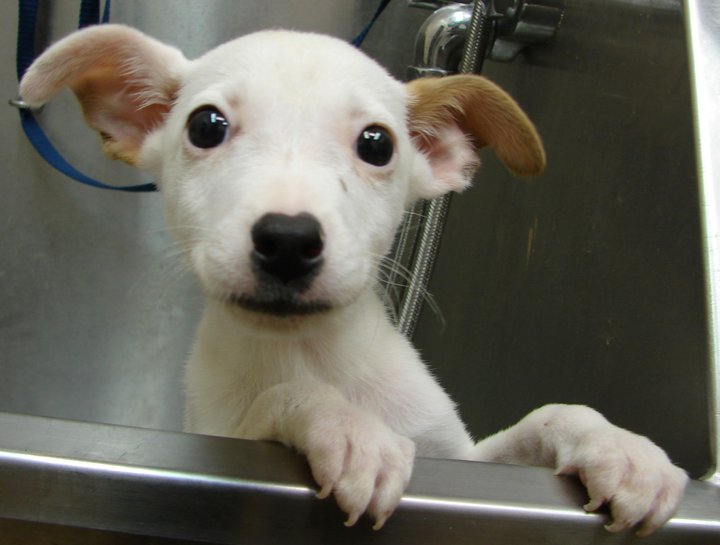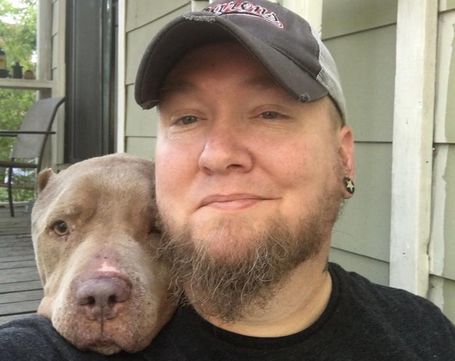|
It has been said that advocacy is not a spectator sport. If you want to be heard on a topic, you have to be willing to get down on the field of play, get dirty and take some hits. Many of us have learned this the hard way. We have also learned how common it is for people to focus on the messenger instead of focusing on why the message is necessary in the first place. Even the most diplomatic of advocacy can make people uncomfortable because it challenges the status quo which most of us have grown accustomed to. It has also been said that the media is the most powerful entity on Earth because it controls the minds of the masses (Malcolm X). My own experience with the media as it relates to animal welfare advocacy has been a mixed bag. I have found some media outlets and journalists to be incredibly professional and entirely focused on neutral reporting which serves a public purpose and educates the public. I have found that other media outlets and journalists are not at all focused on neutral reporting, almost as if they are afraid to speak out on matters they know may be unpopular. Their bias is demonstrated in how they report on facts either in unexpected ways or incomplete ways. When it comes to how tax dollars are spent, some media outlets have no issue reporting on pot holes in the road or citizen complaints about law enforcement. But reporting on how animal shelters function? That's a whole different topic which seems to be off limits for some reason. There has been a lot of media coverage in my state recently regarding activities at and by the Greater Birmingham Humane Society which fought for and then obtained municipal animal control and sheltering contracts in early 2015. The public perception of the organization and the behavior of the organization as a whole do not always match. When advocates expressed concern about the organization's own statistics and regarding some behavior, many of those advocates received "cease and desist" letters essentially threatening to sue them. I find that to be a bullying tactic which does not speak well to the true goals of any organization which purports to be focused on the lives of animals and needs public support to do a good job. I fully expect that upon learning of public critiicsm for how tax dollars are spent, an organization would first initiate at least some type of discussion toward resolving conflict or clearing up communication issues. There has been some local media coverage regarding what is going on with the Greater Birmingham Humane Society regarding the volume of animals being euthanized and reports from former employees, volunteers and fosters. I have honestly found it lacking to date. I am told another media outlet is working on an investigative report. Time will tell how deep the story goes or if is is more surface reporting which doesn't closely examine the issues. One of the people speaking out in Birmingham is Phil Doster, a long time contact of mine. I had hoped that Phil's comments would end up being reported locally. Since they have not, I offered my website as a platform for Phil. Phil is down on the field of play and is getting dirty, knowing full well that many people in his area will be made uncomfortable by his words. I hope you take inspiration from Phil, that you speak your personal truth in your efforts to help animals and that you stand your ground when people try to bully you. The First Amendment is a powerful tool, but we have to have the courage to use it. So I've been asked my feelings about the Greater Birmingham Humane Society and current leadership, and when I tried to prepare a fair, but critical response, the overwhelming response was that it is not sensational enough. That was never my intent in writing about my experience. I expect us to hold non-profits, especially those with an executive that makes over $160k annually as a base salary, to a high standard of integrity and responsibility. Furthermore, and forgotten in a lot of the conversation, is the fact that it is extremely painful and difficult for former staff to step forward and talk about how they were treated. Many are sensitive and compassionate people who were treated with incredible disrespect and tossed aside when they were no longer useful to specific executives. Below is my experience. You can dislike it if you'd like, but I ask that you consider the people and animals in the shelter, as well as the community that this charity is intended to help. (images courtesy of Phil Doster)
0 Comments
Your comment will be posted after it is approved.
Leave a Reply. |
AuthorI am an animal welfare advocate. My goal is to help people understand some basic issues related to companion animals in America. Awareness leads to education leads to action leads to change. Archives
July 2024
Categories
All
image courtesy of Terrah Johnson
|




 RSS Feed
RSS Feed